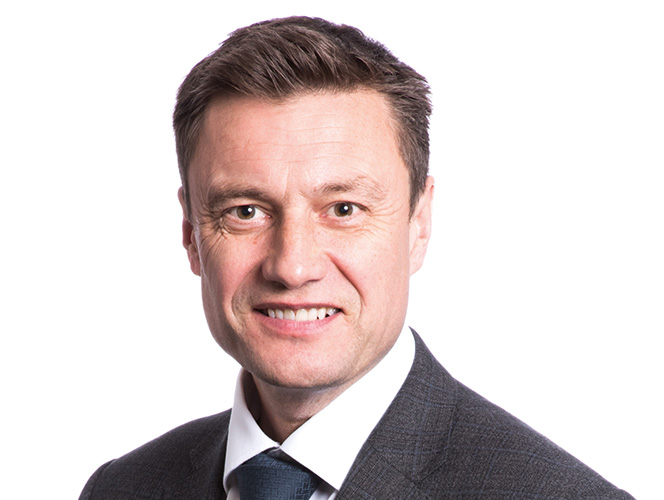
The past two years have brought many Covid-19 related challenges in almost every aspect, but as far as intellectual property (IP) in Israel is concerned, it also created opportunities. Israel was not unprepared; its extensive experience in dealing with crises, coupled with its top technological abilities, have proven themselves equal to coping with the pandemic.
All the services of the Israeli Patent Office were provided almost as usual, thanks to the significant investment made in the past to develop online services, with the exception of certain legal proceedings which could not be conducted online.










